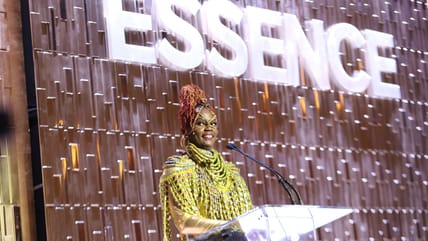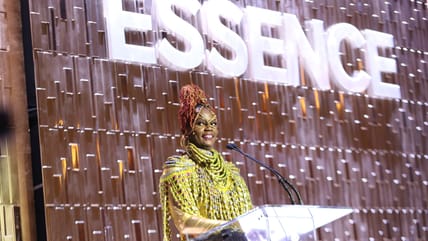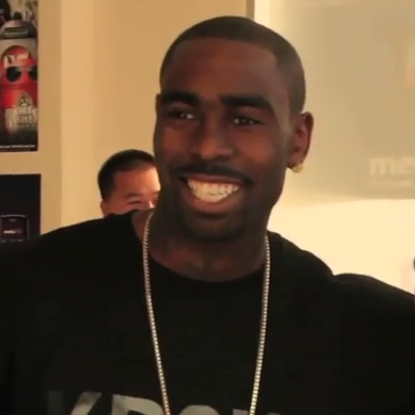The man accusing Tyler Perry of sexual harassment, assault, and retaliation in a $260 million lawsuit is speaking out for the first time since the June 13 filing in Los Angeles Superior Court.
Actor Derek Dixon, who appeared in Perry shows such as “Ruthless” and “The Oval,” told the Hollywood Reporter in an email that bringing the lawsuit against the 55-year-old media mogul has been “terrifying.” However, he’s speaking out because he “couldn’t just let him get away with it.”
“Everyone deserves to go to work and do their job without their boss trying to have sex with them,” Dixon said. “My goal is to help ensure that the next generation of actors and creatives don’t have to choose between their dreams and their dignity.”
Dixon, an actor in his late 30s, appeared in 85 episodes of “The Oval” between 2021 and 2025 as the character Dale. In his June 13 filing, he alleges that throughout his professional relationship with Perry, the writer and producer made multiple unwanted sexual advances toward him, including one in which he claims Perry pushed him against a wall and groped him. Dixon is also accusing Perry of engaging in a pattern of exploiting male actors.
Matthew Boyd, an attorney for Perry, has maintained that claims are part of an attempt to scam Perry.
“This is an individual who got close to Tyler Perry for what now appears to be nothing more than setting up a scam,” Boyd told People magazine. “But Tyler will not be shaken down and we are confident these fabricated claims of harassment will fail.”
Speaking to the Hollywood Reporter, Dixon noted how fears of being written off as a fraud “is why people, especially men, don’t come forward.”
“I was too afraid to come forward. I knew it would be awful. And I was right,” he said.
When asked if he tried to settle the matter privately before coming forward, he noted how there “are always” attempts to resolve privately, but “they never result in the type of change necessary to protect further victims.”
He added, “At the end of the day, my absolute fear is that he will be able to continue doing this without any major consequences.”
Before filing, he said he even tried to convince himself that this “was part of the industry” or that he had to accept it to keep working.
“But eventually, I couldn’t stay silent anymore,” he said.







